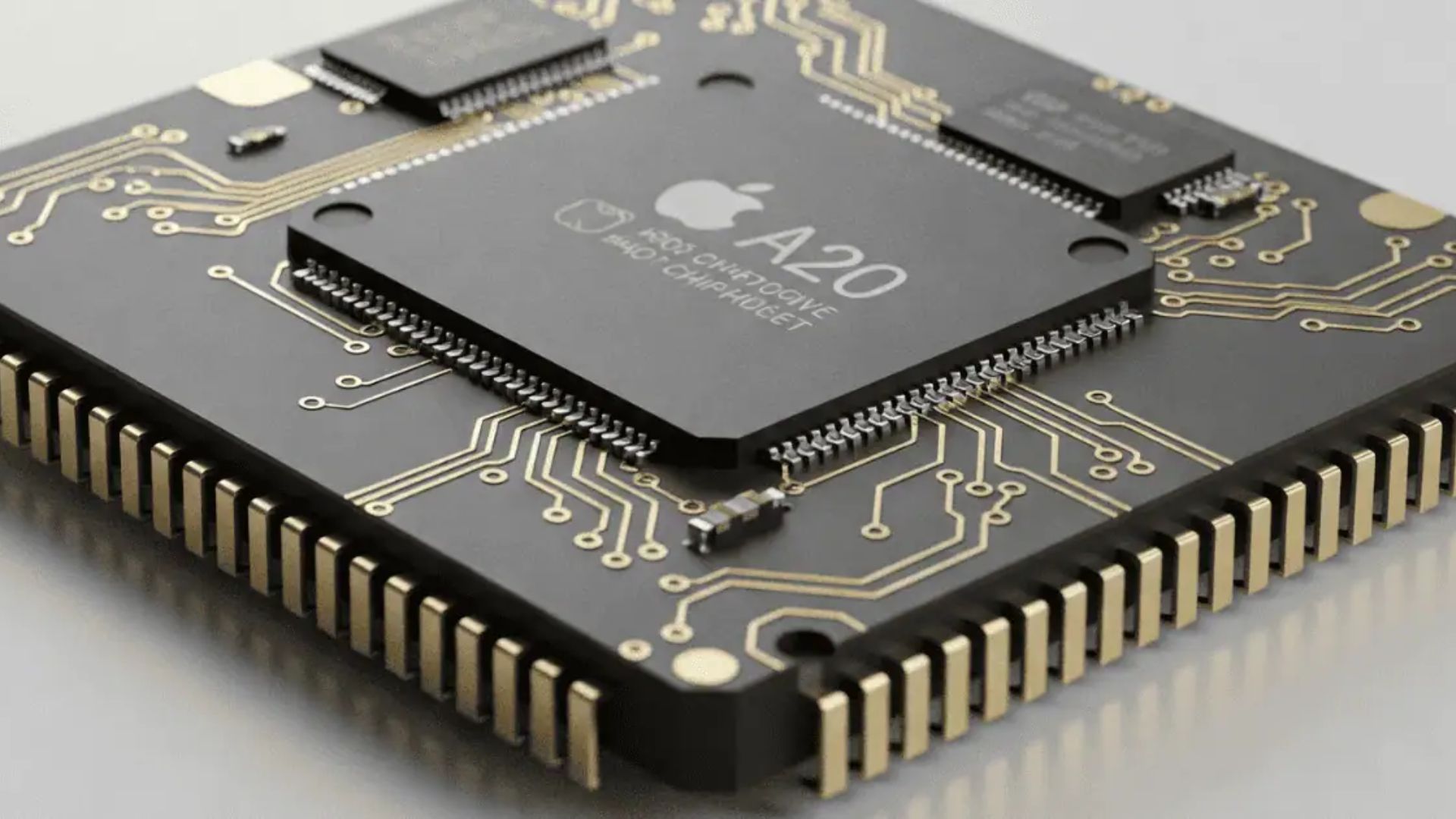Apple is set to revolutionize its iPhone lineup with the introduction of the A20 chip in the upcoming iPhone 18 Pro. This advancement marks a significant leap in semiconductor technology, as the A20 will be fabricated using Taiwan Semiconductor Manufacturing Company’s (TSMC) cutting-edge 2-nanometer (2nm) process. This collaboration underscores Apple’s commitment to pushing the boundaries of mobile performance and efficiency.
TSMC’s 2nm Process: A Technological Milestone
TSMC’s 2nm process represents a monumental achievement in semiconductor fabrication. By transitioning to this advanced node, Apple aims to deliver substantial improvements in performance and power efficiency. The 2nm technology utilizes gate-all-around (GAA) transistor design, enhancing transistor density and reducing leakage currents. This innovation is expected to provide a 15% performance boost and up to 30% better power efficiency compared to the previous 3nm process used in the A19 chip. ([gizchina.com](https://www.gizchina.com/2025/03/31/apples-next-leap-iphone-18-and-tsmcs-cutting-edge-2nm-chip/?utm_source=openai))
WMCM Packaging: A Paradigm Shift in Chip Design
Beyond the process node advancement, the A20 chip will introduce Wafer-Level Multi-Chip Module (WMCM) packaging. This technique integrates multiple components, such as the CPU, GPU, and RAM, directly at the wafer level before the chips are diced. Unlike traditional packaging methods, WMCM eliminates the need for silicon interposers and substrates, leading to improved signal integrity, enhanced thermal dissipation, and faster memory access with lower latency. These benefits translate to better multitasking capabilities, smoother AI processing, and potentially longer battery life for the iPhone 18 Pro. ([hwbusters.com](https://hwbusters.com/news/apples-a20-chip-ushers-in-a-new-era-2nm-wmcm-and-the-future-of-the-iphone-18/?utm_source=openai))
Production and Cost Considerations
To meet Apple’s demand, TSMC is scaling up WMCM packaging at its Chiayi P1 fab in Taiwan, with monthly output expected to reach 10,000 units. However, the adoption of 2nm technology comes with increased production costs. The A20 Pro chip’s cost is estimated to rise by 70%, from $50 to $85 per unit. This significant cost increase may influence Apple’s pricing strategy for the iPhone 18 Pro, potentially leading to higher retail prices for consumers. ([cosmico.org](https://www.cosmico.org/apples-a20-pro-chip-for-iphone-18-pro-may-cost-70-more/?utm_source=openai))
Strategic Implications and Market Impact
Apple’s decision to incorporate the A20 chip exclusively in the iPhone 18 Pro models highlights a strategic approach to balancing innovation with cost management. By limiting the 2nm technology to premium models, Apple can offer cutting-edge performance to high-end consumers while maintaining profitability. This move also positions Apple as a leader in adopting advanced semiconductor technologies, setting a benchmark for competitors in the smartphone industry.
Conclusion
The integration of TSMC’s 2nm process and WMCM packaging in Apple’s A20 chip signifies a transformative moment in mobile technology. These advancements promise to deliver unprecedented performance and efficiency in the iPhone 18 Pro, reinforcing Apple’s commitment to innovation and excellence. As the industry anticipates the launch of the iPhone 18 Pro, consumers can look forward to a device that embodies the pinnacle of semiconductor engineering and design.



